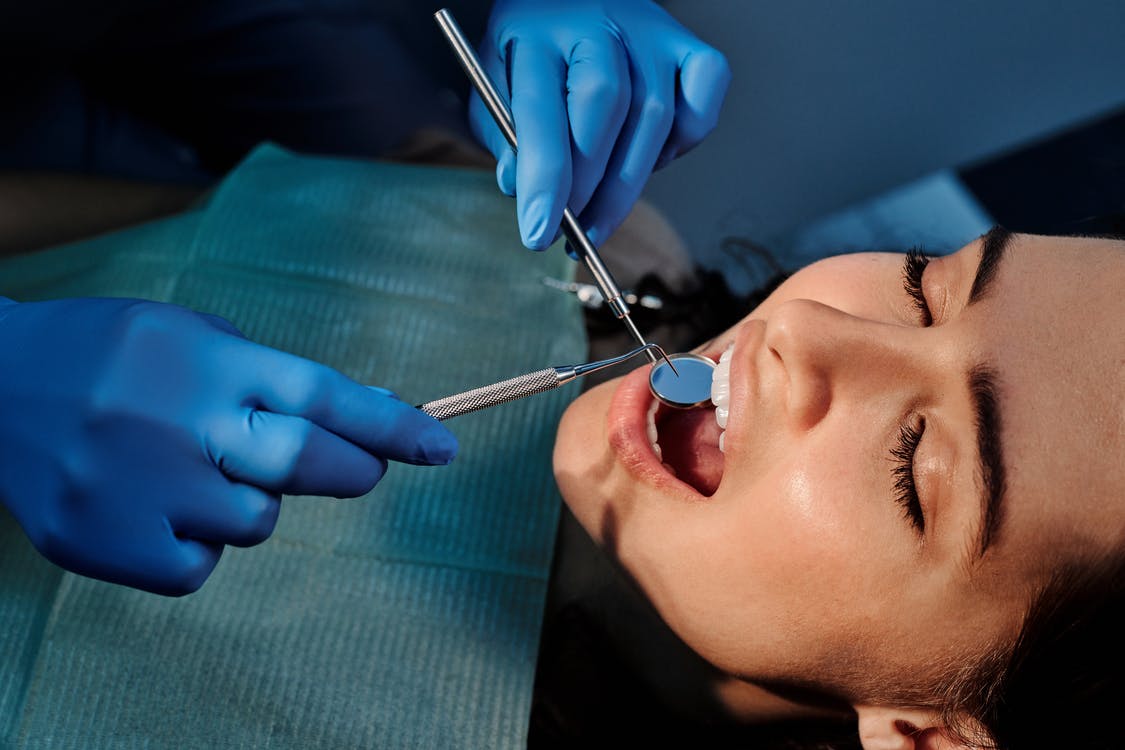A Study: Missing Teeth & Sleep Problems
According to a new Japanese study, those who care better for their teeth are less likely to suffer from insomnia-related problems or sleep apnea.
The research was published in the journal Sleep Medicine discovered that patients who had fewer missing teeth experienced less-than-optimal insomnia.
The cause of this is missing teeth and how they affect the tongue’s ability to properly rest in the mouth.
Therefore, researchers have concluded that the inability of the tongue to rest is compromised by missing teeth, which can cause sleep apnea.
Diving into the details
Researchers from Tohoku University conducted a study on 23,444 elderly participants who were randomly selected. The average age was 73.
“The finding that older adults with fewer teeth had both shorter and longer sleep durations indicate that these individuals may be suffering from OSA,” they wrote.
The study uncovered that elderly person who has less than ten teeth more often than not do get the recommended seven hours of sleep per night.
Some, according to researchers, only get four hours of sleep a night.
The particular age group of the over 60s are particularly vulnerable.
Time to visit the dentist?
The researchers also made the point that in order to prevent tooth-related obstructive sleep apnea, it’s critical for people of all ages to implement correct dental habits.
More than this, if you have multiple missing teeth, it’s recommended to get them replaced immediately to avoid an array of detrimental health consequences.
If you experience tooth loss with several teeth and are worried there is nothing that can be done to help you, you might want to check out procedures like all on four, which can replace missing teeth in one go, and in just one day.
